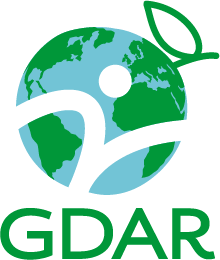Assessing the food environment in primary schools in Gauteng following a voluntary pledge by a large beverage company
This research involves an evaluation of the food and beverage environment in primary schools in Gauteng province in South Africa, with a primary focus on assessing the implementation of Coca-Cola South Africa’s pledge to remove products and advertising from primary schools in South Africa.
Consumption of sugar-sweetened beverages (SSBs) is thought to be an important contributor to childhood obesity. Data from 2016 shows that 13% percent of South African children are overweight, which is more than twice the global average of 6%. As schools are an environment in which children spend significant time during developmentally important periods, the healthfulness of the food environment is of significant concern.
In various South African settings, children can easily obtain sugary drinks through school tuck shops and informal vendors. Given the limited evidence on the effectiveness of self-regulatory measures, this study focuses on the evaluation of a natural experiment, a recent pledge made by Coca-Cola Beverages South Africa in July 2017. By assessing the real time impact of industry-operated self-regulation, this study contributes to the field of food environment research in South Africa that is needed to guide NCD responses.
The research is still ongoing, yet it has already proven to be influential through a number of channels. In July 2019, the South African Research team was invited to present the study and preliminary findings to a group of Public Health Master students at the Wits School of Public Health, as part of their Social and Behaviour Change Communication module. The presentation provided the background for a course assignment for which MSc students were asked to develop their own small-scale research projects. Students investigated what the best communication channels are for information dissemination around nutrition and health promotion purposes within primary schools.
Some members of the South African Research Team are also present on the advisory committee for the development of South Africa’s first School Foods and Beverage Guidelines. Emerging findings and lessons learnt during the natural experiment evaluation are deemed invaluable during the guideline development processes.
People
Research leads / key contacts:
Study team:
- Petronell Kruger (PRICELESS, Wits, South Africa)
- Safura Adbool Karim (PRICELESS, Wits, South Africa)
- Sue Goldstein (PRICELESS, Wits, South Africa)
- Lou Foley (Cambridge, UK)
